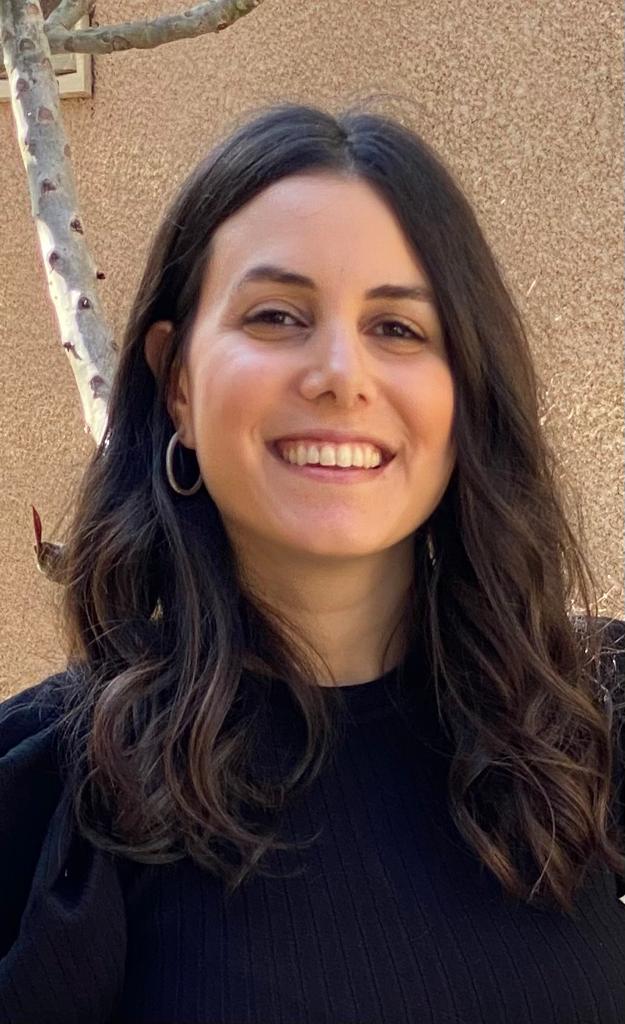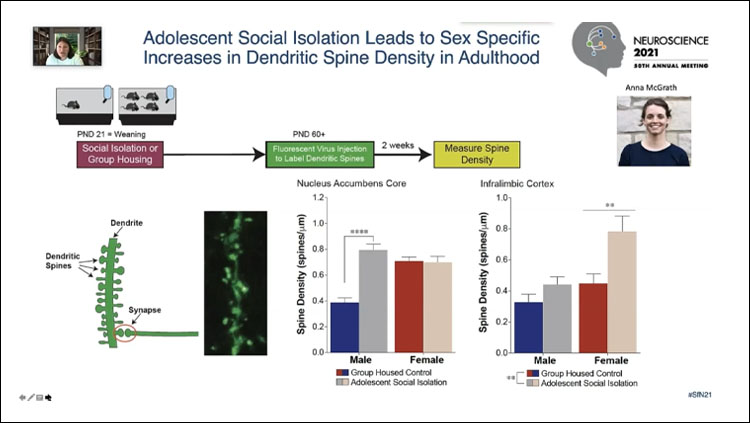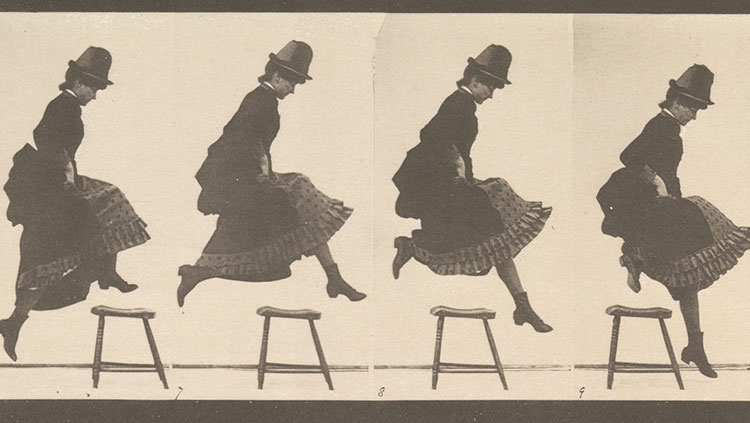Future of Neuroscience: Doaa Qubty

Doaa Qubty
“Future of Neuroscience” is a series of interviews with rising members of the field. A forward-looking complement to SfN’s “History of Neuroscience” autobiographies of distinguished researchers, interviewees reflect on their emerging careers and share thoughts on where they believe neuroscience is headed.
Doaa Qubty is a PhD candidate in neuroscience at the Sackler Faculty of Medicine at Tel Aviv University. Her research focuses on traumatic brain injury and how additional stimuli, such as herbal substances or radiation exposure, alter the injury’s impact with a focus on neurocognitive function. Her work has been published in the Journal of Neurotrauma and the Handbook of Behavioral Neuroscience, and she was a 2021 recipient of the Society for Neuroscience’s Trainee Professional Development Award. Qubty has taught courses in neuroanatomy and pharmacology at Tel Aviv University and the University of Haifa, where she completed a master’s degree specializing in cognition and complex learning. She received her first degree in pharmaceutical engineering, and previously worked as a stem cell researcher at Pluristem Therapeutics. Originally from Nazareth, she is fluent in English, Arabic, and Hebrew.
Neuroscience Quarterly (NQ): Why did you choose to pursue a career in neuroscience?
While working, I started reading about neuroscience and found a program at The University of Haifa in Israel, where I ended up starting a master’s degree.Doaa Qubty (DQ): My path toward neuroscience started while I completed my bachelor’s degree in pharmaceutical engineering. I took some time off and worked at Pluristem Therapeutics, a cell therapy company, but always had my eye on returning to education. While working, I started reading about neuroscience and found a program at The University of Haifa in Israel, where I ended up starting a master’s degree. Neuroscience continued to fascinate me as I learned more about its many dimensions. I finished my masters and I felt like this is where I want be: I want to be in research. Then I started my PhD at Tel Aviv University.
NQ: What is your specific area of research and what drew you to that field?
DQ: My PhD (which I have just about finished) is focused on traumatic brain injury (TBI). I first read about the topic during my master’s degree and learned that there is no cure for its ailments. I had wanted to research something where I could help find a treatment for a disease. And with TBIs, I could mix my first specialty, pharmaceutical engineering, with my second one, neuroscience.
My research has been in animals. The animals would be exposed to TBI and we’d measure any cognitive and behavioral impairments. We always saw impairments after a TBI, like deficits in visual and spatial memory. I focused on finding something natural as a preventive treatment, something we can all take in everyday life. Traumatic brain injury can happen to anyone. We currently don't have any treatments, even if you go to the hospital after a TBI, there's not much they can really do. A lot of people like football players or people in the military are always at risk of recurrent TBIs. So I wanted to find something that can help to prevent these impairments. We worked on two kinds of different natural substances: cinnamon extract and nano PSO, which comes from pomegranate seed oil. We showed through our research that both substances can help attenuate the effects of a TBI.
NQ: What are your plans now that you’ve almost finished your PhD?
DQ: I just moved to Maryland, outside Washington, D.C., in January. My husband is from here; we lived in Israel until I finished my PhD and then we moved here. I am spending time acclimating to the new place before I start looking at postdocs and other opportunities. I'm trying to take time to think about what I want to do next.
NQ: How does your background as an engineer inform your perspective as a neuroscientist?
I never thought that this is something that I would do. I never thought that I would be able to get a PhD in such an important and cutting-edge field.DQ: When starting my master's degree, I felt I was more prepared for work in a lab because my engineering degree was filled with such work: a lot of math, and a lot of thinking about the material and the drug components. My engineering degree was also mixed with chemistry. I felt like I sometimes thought more from an engineering perspective when I planned how to build an experiment.
NQ: What are you most proud of from your career so far?
DQ: That I got here. I never thought that this is something that I would do. I never thought that I would be able to get a PhD in such an important and cutting-edge field.
NQ: Where do you hope your career will take you over the next few decades?
DQ: I know that I want to make a difference. This field is not always the most welcoming to minorities or women. And because of that, minorities or women may be dissuaded from pursuing neuroscience, thinking it’s something they cannot do. I want to be involved in helping minority women expand their vision about their potential in science, and research, and give them confidence that they can be whoever they want to be.
NQ: How do you hope the field of neuroscience will grow and change? What do you think could make it better?
DQ: More higher positions for women in the field!























